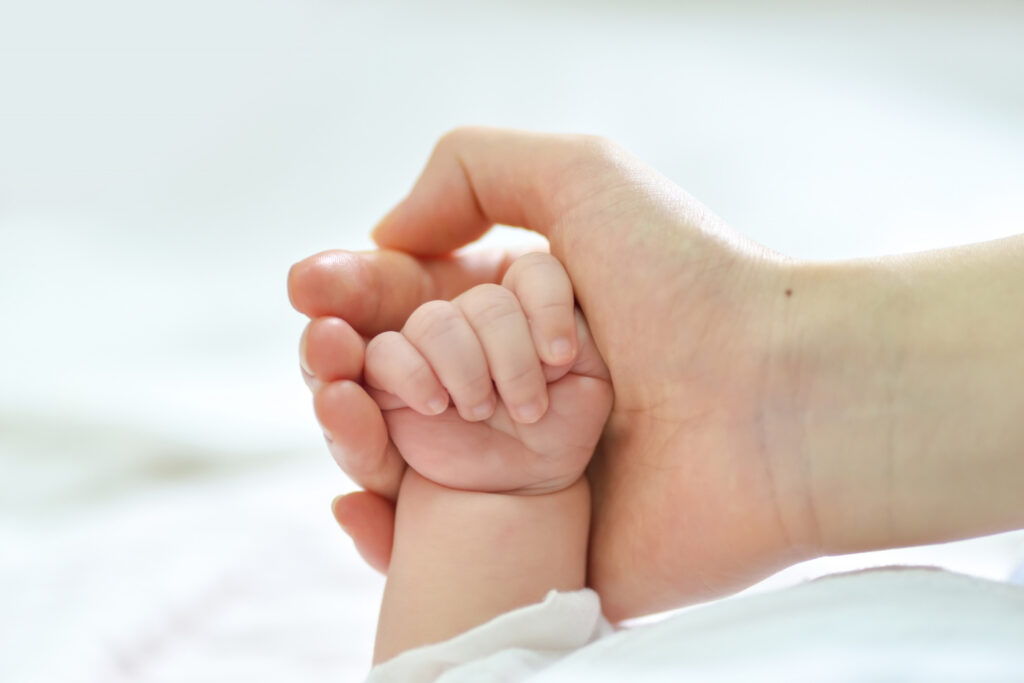Breastfeeding is a natural and beneficial way to feed an infant. Breastmilk provides optimal nutrition and protection against infections and diseases. However, new mothers may experience a range of emotions after childbirth, including postpartum depression (PPD). In this article, we will explore the link between breastfeeding and maternal postpartum depression, as well as provide some helpful tips for Malaysian mothers who may be struggling with this issue with Lansinoh Malaysia.
What is Postpartum Depression?
Postpartum depression is a common mood disorder that affects new mothers after childbirth. It is different from the “baby blues,” which are feelings of sadness and anxiety that typically resolve within a few weeks after giving birth. PPD is characterized by persistent feelings of sadness, anxiety, guilt, and hopelessness that interfere with a mother’s ability to care for herself and her baby. Symptoms may include loss of interest in activities, changes in appetite and sleep patterns, and difficulty bonding with the baby.
The Link Between Breastfeeding and PPD
Breastfeeding has many benefits for both mother and baby. It promotes bonding, provides optimal nutrition, and reduces the risk of certain health problems. However, some studies have suggested that breastfeeding may be associated with an increased risk of postpartum depression. This may be due to the hormonal changes that occur during breastfeeding, as well as the physical demands and stress of caring for a newborn.
How Breastfeeding Can Help Prevent PPD
Despite the possible link between breastfeeding and PPD, breastfeeding can actually help prevent the onset of this condition. Breastfeeding releases hormones that promote relaxation and bonding, which can help alleviate symptoms of depression and anxiety. It also provides a sense of purpose and accomplishment, which can boost a mother’s self-esteem and confidence.
Breastfeeding can also provide a support network for new mothers. Joining a breastfeeding support group can help mothers connect with other women who are going through similar experiences, and can provide emotional support and encouragement.

The Advantages of Seeking Help
If you are experiencing symptoms of postpartum depression, it is important to seek help. PPD is a treatable condition, and with the right support and treatment, most mothers are able to recover fully. There are many resources available for Malaysian mothers who may be struggling with PPD, including healthcare professionals, support groups, and online resources.
Conclusion
Breastfeeding is a natural and beneficial way to feed an infant, but it can also be a challenging experience for new mothers. Postpartum depression is a common mood disorder that can affect mothers after childbirth, and may be associated with breastfeeding. However, breastfeeding can also help prevent PPD by promoting relaxation, bonding, and a sense of purpose and accomplishment. If you are experiencing symptoms of PPD, it is important to seek help and support from healthcare professionals, support groups, and online resources. Remember, you are not alone, and with the right support and treatment, you can recover fully and enjoy a healthy and happy motherhood.
